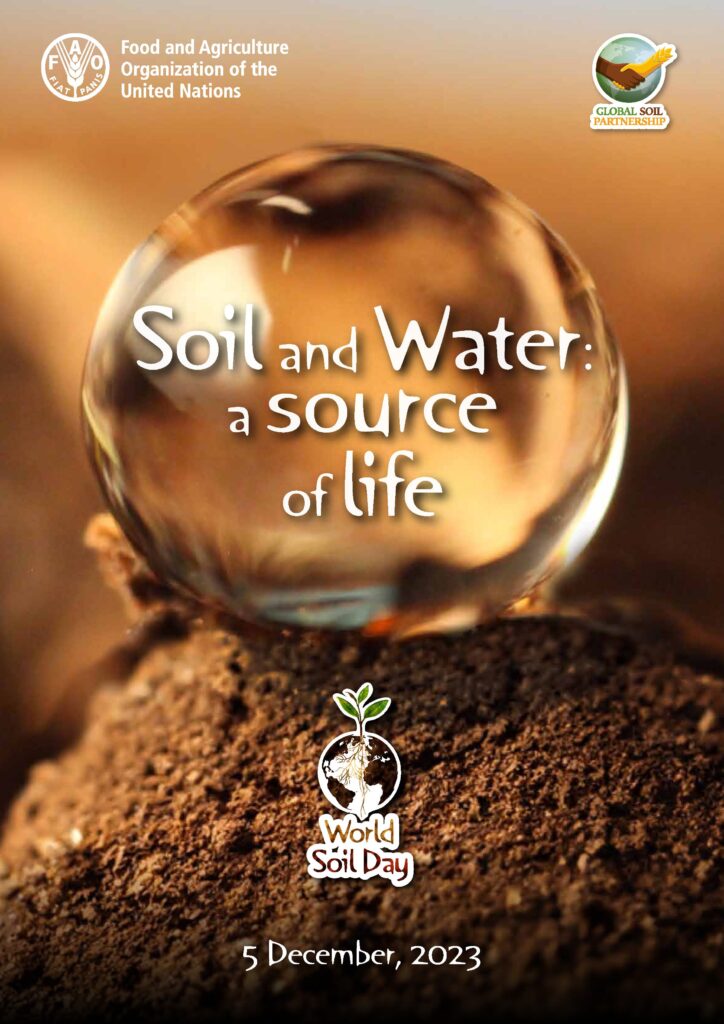Our planet’s survival hinges on the intricate connection between soil and water, the bedrock of sustenance for all living beings. Over 95% of our food comes from these essential resources, with soil water serving as a critical channel for nutrient absorption by plants, connecting our ecosystems together. This symbiotic relationship forms the cornerstone of our agricultural systems.
Yet, confronted with the dual challenges of climate change and human activity, our soils face degradation, putting stress on our water resources. Erosion disrupts the natural balance, reducing water infiltration and availability across diverse life forms.
Embracing sustainable soil management practices becomes very important in this context. Techniques such as minimum tillage, crop rotation, organic matter addition, and cover cropping emerge as proactive measures to fortify soil health, reduce erosion and pollution, and amplify water infiltration and storage capacities. These practices, beyond their immediate benefits, also act as guardians of soil biodiversity, enhance fertility, and contribute significantly to carbon sequestration, crucial elements in the ongoing battle against climate change.

World Soil Day 2023 (WSD), and it’s campaign, aims to underscore the importance and relationship between soil and water, key players in the pursuit of sustainable and resilient agrifood systems. WSD not only serves as a global celebration of soils but also stands as a call for action, empowering and engaging citizens worldwide to actively participate in enhancing soil health.
World Soil Day is not just a celebration but a call for action. In Carina we realize the importance of soil health and quality and it is our mission to promote and implement practices that enhance soil fertility, preserve biodiversity, and improve water infiltration and storage.

SUBSCRIBE TO A NEWSLETTER
Funded by the European Union. Views and opinions expressed are however those of the author(s) only and do not necessarily reflect those of the European Union or the European Research Executive Agency. Neither the European Union nor the granting authority can be held responsible for them.